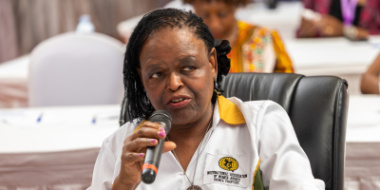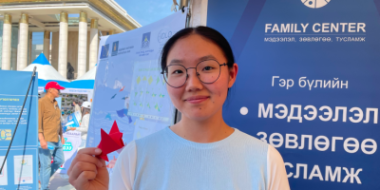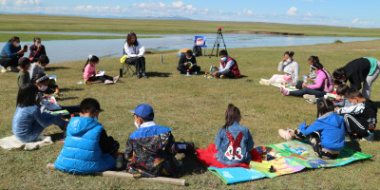Transparent data helps Afghans prosecute violence against women
Just one year after IDLO first helped the Afghanistan Attorney-General’s Office (AGO) develop and launch a specialized database to track violence against women cases, the system has transformed the AGO’s ability to generate accurate statistics and pro












